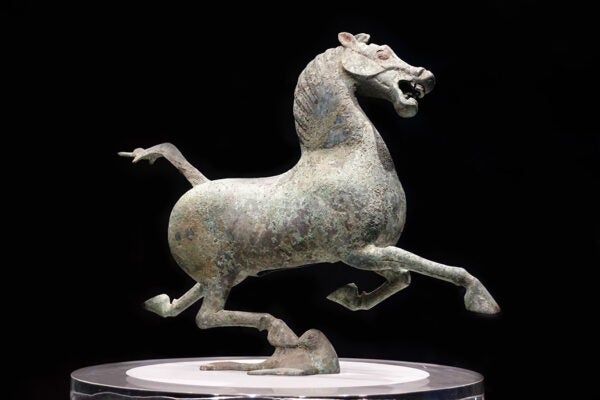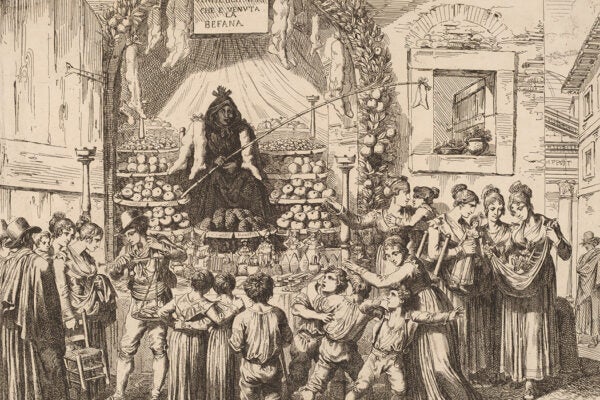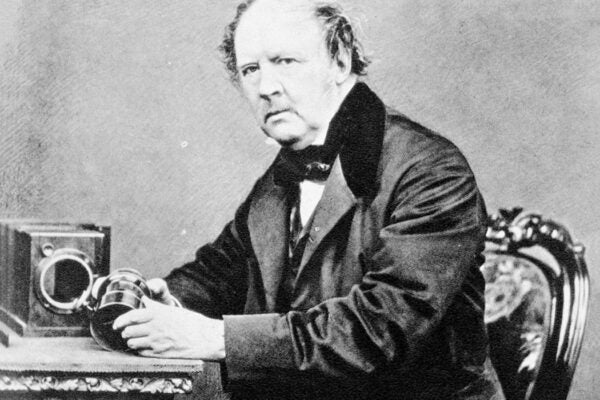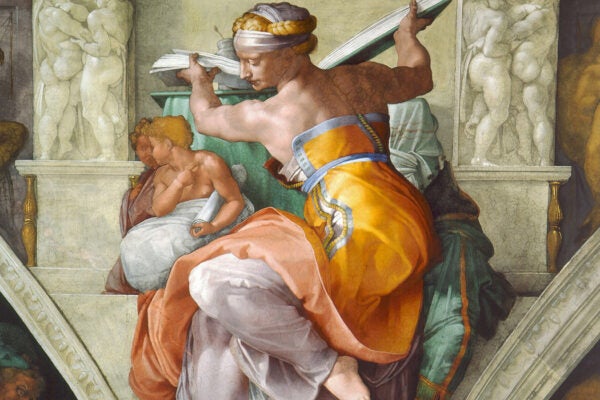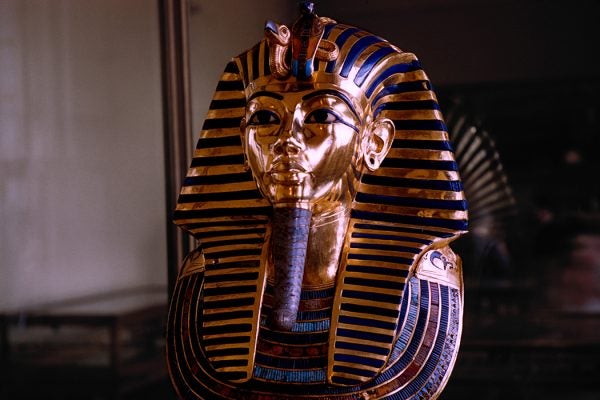The Pharaoh’s Curse or the Pharaoh’s Cure?
A toxic fungus from King Tutankhamun’s tomb yields cancer-fighting compounds.
The Case of Caspar David Friedrich
Born 250 years ago, Friedrich reimagined landscape painting by portraying the vastness of nature as a setting for profound spiritual and emotional encounters.
The Supernatural Horses That Fascinated Chinese Emperors
In the second century BCE, Han Dynasty Emperor Wu so desired a herd of “blood-sweating” horses from Central Asia that he was willing to wage war over them.
How Renaissance Art Found Its Way to American Museums
We take for granted the Titians and Botticellis that hang in galleries across the United States, little aware of the appetites and inclinations of those who acquired them.
The Magical Furniture of David Roentgen
Cabinetmaker to Marie Antoinette, Roentgen designed “surprise furniture,” bureaus and desks that appeared to magically transform at the push of a button.
A Visit from La Befana
In the Catholic tradition, Epiphany is the day the Three Kings first met Baby Jesus. But in Italy, it’s also the day La Befana shows up with a basket of gifts.
The Daguerreotype’s Famous. Why Not the Calotype?
William Henry Fox Talbot’s obsession with protecting his pioneering photographic process doomed his reputation and reduced his legacy to historical footnote.
Delts Don’t Lie
Renaissance artists routinely used men as models for their depictions of female subjects, yet only the musculatures of Michelangelo tell that story.
The Discovery of King Tut’s Tomb
A century ago, a lost tomb was uncovered on the west bank of the Nile River. The scarcely studied Pharaoh Tutankhamun immediately became an icon.
So You Plan to Teach Moby Dick
The study of Melville’s novel is enhanced by contextualizing it with primary and secondary sources related to the American sperm whaling industry.


